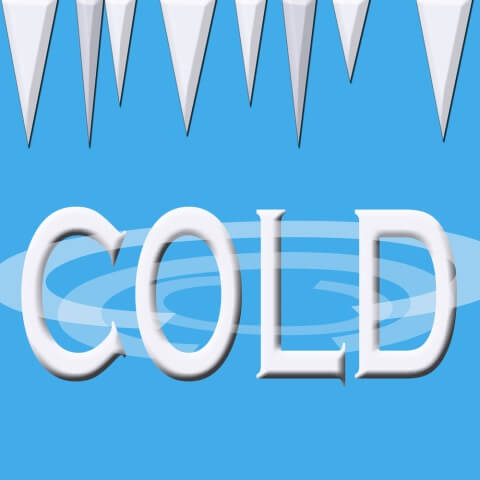When you walk in the hills you should be aware of the symptoms and treatment of hypothermia. Even more importantly, you should know how to avoid it in the first place!
What is Hypothermia?
Sometimes called “exposure” hypothermia can be fatal. If a person is hypothermic their core body temperature drops lower than 35 C. There is a range of hyperthermia usually classed as mild, moderate, and severe. The drop in core temperature may be fast (i.e. through freezing cold water), or slow as in prolonged exposure to cold air, wind and rain. If someone is suffering from hyperthermia immediate treatment can stop the condition getting worse, and often the victim will need no further medical assistance.
Symptoms: what to look for
- Mild Hypothermia:
- Shivering
- You may lose some fine motor skills (… you start to fumble or even stumble)
- Your speech may become a mumble/grumble
- You may appear drunk
- Most likely you will deny that there is a problem
However, if the person can still stop shivering on command, they haven’t yet progressed to the next stage. They are likely to be argumentative and clumsy though. Decision making may also be impaired.
- Moderate Hypothermia:
- Uncontrollable shivering
- Confusion
- Symptoms of ‘mild hypothermia (as above) worsen
- Laboured breathing and increased heart rate
- Severe Hypothermia:
- Muscle stiffness
- Shivering stops
- Breathing maybe difficult to detect
- Slow pulse
- Skin cold may be blue/grey
Treatment
Most importantly you have to get the person out of the environment which is making them cold. Seek shelter, setup a bivouac and if applicable try to get out of the rain and wind.
Next, remove cold or wet clothing and try to replace with warm dry items. Give the patient warm, sweet drinks and high-energy food such as chocolate. Get them into a sleeping bag and/or thermal blanket (perhaps get another warm person into the thermal blanket with them to help raise their body temperature).
If the victim stops shivering – that may not be a good sign – as this can be a symptom of severe hypothermia. Check that they are warmer to the touch and their other symptoms have decreased.
If the victim becomes unconscious then you need to be careful – place them in a recovery position, and seek medical assistance.
By the way, drinking alcohol warms your body and counteracts hypothermia is a myth. In fact, alcohol intake lowers the core temperature of your body even further!
Prevention – how to avoid it
The very best way to avoid hypothermia is to avoid putting yourself in conditions that may produce it. Plan your hiking route thoroughly, have good maps, a compass and/or GPS – and know how to use them. Check the weather forecast and be prepared to turn back if the weather closes in. Have good hiking gear; do not go walking wearing cotton jeans and light t-shirts and always carry warmer replacement clothing with you. Never walk without waterproof jacket and pants, even on a fine day – the weather can change fast on a mountain.
Look out particularly for children, older adults and anyone who has been recently ill – they can be more vulnerable than the average healthy adult.

